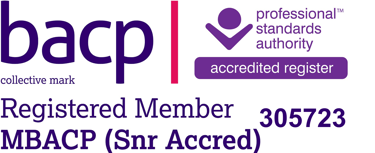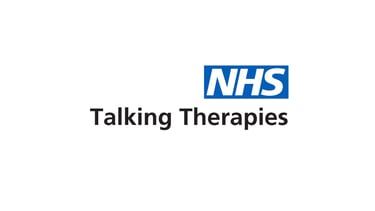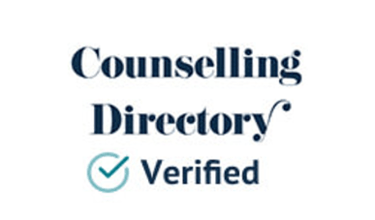What Does BACP Senior Accreditation (Column C Competence) Actually Mean?
...and what does it mean for clients?


What Does BACP Senior Accreditation (Column C Competence) Actually Mean?
If you’re looking for a counsellor or psychotherapist, you might notice that some describe themselves as BACP Registered, Accredited, or Senior Accredited. It can feel confusing if you’re not sure what those terms mean – especially if all you want is a therapist who feels safe, supportive and understanding.
I’ve recently been awarded BACP Senior Accreditation, which is recognised as Column C competence in the Partnership of Counselling and Psychotherapy Bodies (PCPB) (formerly SCoPEd) framework. In this blog, I’ll explain what that means in simple terms, how it might benefit clients, and why it doesn’t make one therapist “better” than another.
What is Senior Accreditation?
Senior Accreditation is the highest level of professional recognition offered by the BACP. It’s awarded to therapists who can show they have built up many years of experience and have developed advanced knowledge, skills and reflective practice.
It isn’t just about time served – it’s about being able to evidence competence in areas of practice that involve greater depth and complexity.
What Does Column C Competence Mean in Practice?
Here are some of the key areas that Column C therapists are recognised for – and what that means for you as a client:
Working with more complex issues – Senior Accredited therapists have demonstrated they can conceptualise and formulate ways of working with clients who live with chronic or enduring mental health conditions, always tailoring therapy to each person’s needs.
Confidence with risk and safety – We have demonstrated the ability to make complex judgements about ongoing work with high-risk clients and take appropriate action when needed, ensuring safety and care remain at the centre of the work.
Understanding mental health language – Column C competence includes demonstrating the ability to understand and navigate the language around diagnosis, psychopathology and mental disorders, so clients feel supported whether or not they identify with these terms.
Depth in the therapeutic relationship – Senior Accredited therapists can demonstrate the ability to notice and respond to subtle emotional shifts in sessions and work through difficulties or ruptures in the therapeutic relationship. This includes awareness of what might be happening “under the surface” – sometimes called unconscious or out-of-awareness processes.
Awareness of power and equality – We have demonstrated the competence in communicating about the harm caused by discrimination and to reduce insensitivity to power differences in therapy. Diversity, equality and inclusion are integrated into clinical practice.
Reflection and research – Senior Accreditation also recognises the ability to critically appraise psychological theories and cultural contexts, use research and evaluation to improve practice, and remain highly self-aware and reflective in the therapeutic process.
What This Means for Clients
For clients, Senior Accreditation simply means you’re working with a therapist whose experience, depth of knowledge, and advanced skills have been recognised by an independent professional body. It doesn’t mean the therapy is “better” – because what makes therapy work is always the relationship.
Plenty of excellent therapists are BACP Registered or Accredited. Each level represents a therapist who is safe, ethical and committed to their work. What matters most is finding someone you feel comfortable with.
For me, achieving Senior Accreditation is about acknowledging the years of learning, reflection and practice I’ve poured into my work. But titles aside, the heart of therapy is still the same: creating a safe, supportive space where you can feel truly seen and heard.






